FDA Approves Pfizer’s NGENLA™, a Long-Acting Once-Weekly Treatment for Pediatric Growth Hormone Deficiency

FDA Approves Pfizer’s NGENLA™, a Long-Acting Once-Weekly Treatment for Pediatric Growth Hormone Deficiency
NEW YORK & MIAMI--(BUSINESS WIRE)--Pfizer Inc. (NYSE: PFE) and OPKO Health Inc. (NASDAQ: OPK) announced today that the U.S. Food and Drug Administration (FDA) has approved NGENLA (somatrogon-ghla), a once-weekly, human growth hormone analog indicated for treatment of pediatric patients aged three years and older who have growth failure due to inadequate secretion of endogenous growth hormone. NGENLA is expected to become available for U.S. prescribing in August 2023.
Growth hormone deficiency (GHD) is a rare disease characterized by the inadequate secretion of the growth hormone somatropin from the pituitary gland, affecting one in approximately 4,000 to 10,000 children.1,2 Without treatment, children will have persistent growth attenuation, a very short height in adulthood, and puberty may be delayed.1,2,3 Children living with GHD may also experience challenges in relation to their physical health and mental well-being.1,2,3
“For more than 30 years, Pfizer has been committed to supporting children and adults living with growth hormone deficiency, beginning with the delivery of a medicine that has long been a part of the standard of care,” said Angela Hwang, Chief Commercial Officer, President, Global Biopharmaceuticals Business, Pfizer. “We are excited to bring this next-generation treatment to patients in the United States, continuing our commitment to helping children living with this rare growth disorder reach their full potential.”
The FDA approval is supported by results from a multi-center, randomized, open-label, active-controlled Phase 3 study which evaluated the safety and efficacy of NGENLA when administered once-weekly compared to once-daily somatropin. The study met its primary endpoint of NGENLA non-inferiority compared to somatropin, as measured by annual height velocity at 12 months. NGENLA was generally well tolerated in the study and had a safety profile comparable to somatropin.
“The approval of NGENLA will be significant for children with growth hormone deficiency in the U.S. It holds potential to reduce the treatment burden that can come with daily growth hormone injections,” said Joel Steelman, M.D., Pediatric Endocrinologist, Cook Children’s Health Care System. “As a new, longer-acting option that has the ability to reduce treatment frequency from daily to weekly, NGENLA could become an important treatment option that can improve adherence for children being treated for growth hormone deficiency.”
“Throughout our collaboration with Pfizer, we have worked tirelessly toward our shared goal of helping children living with growth hormone disease and their families,” said Phillip Frost, M.D., Chairman and Chief Executive Officer, OPKO Health. “We are proud of the clinical development program that supported the FDA approval of NGENLA and are excited about its potential for these patients and their families as it becomes available in the United States.”
NGENLA is approved for the treatment of pediatric GHD in more than 40 markets including Canada, Australia, Japan, and EU Member States.
The full Prescribing Information can be found here. If it is not currently available via this link, it will be visible as soon as possible as we work to finalize the document. Please check back for the full information shortly.
About NGENLA (somatrogon-ghla) Injection
NGENLA (somatrogon-ghla) is a human growth hormone that works by replacing the lack of growth hormone in the body. NGENLA is taken by injection just below the skin, administered via a device that allows for titration based on patient need. Compared to the growth hormone GENOTROPIN® (somatropin), its action in the body lasts longer, enabling weekly injections instead of daily.
In 2014, Pfizer and OPKO entered into a worldwide agreement for the development and commercialization of NGENLA for the treatment of GHD. Under the agreement, OPKO is responsible for conducting the clinical program and Pfizer is responsible for registering and commercializing NGENLA for GHD.
About the NGENLA Clinical Program
The safety and efficacy of NGENLA (somatrogon-ghla) was demonstrated in a multi-center, randomized, open-label, active-controlled Phase 3 study (NCT 02968004). The Phase 3 study enrolled and treated 224 pediatric patients, treatment-naïve children with growth hormone deficiency who were randomized 1:1 into two arms: NGENLA (somatrogon-ghla) once-weekly at a dose of 0.66 mg/kg/day vs somatropin, once-daily at a dose of 0.034 mg/kg/day. The study met its primary endpoint of NGENLA non-inferiority compared to somatropin, measured by annual height velocity at 12 months.
About Growth Hormone Deficiency
Growth hormone deficiency is a rare disease characterized by the inadequate secretion of growth hormone from the pituitary gland and affects one in approximately 4,000 to 10,000 children.1,2 In children, this disease can be caused by genetic mutations or acquired after birth.1,4 Because the patient's pituitary gland secretes inadequate levels of somatropin, the hormone that causes growth, a child’s height may be affected and puberty may be delayed.1,2,5 Without treatment, affected children will have persistent growth attenuation and a very short height in adulthood.1,2 Children may also experience challenges in relation to physical health and mental well-being.1,2
Click here to learn more.
Contacts
Pfizer:
Media Relations
+1 (212) 733-1226
PfizerMediaRelations@pfizer.com
Investor Relations
+1 (212) 733-4848
IR@pfizer.com
OPKO:
LHA Investor Relations
Yvonne Briggs
310-691-7100
ybriggs@lhai.com
Bruce Voss
310-691-7100
bvoss@lhai.com
Images

Get Updates
from LSPA
Stay up-to-date on the latest news and events from Life Sciences PA, insights from the life sciences industry, and so much more!

Life Sciences Pennsylvania was founded in 1989 by a biotech scientist at Penn State University. Today it has grown to represent the entire life sciences industry – biotechnology and diagnostic companies, medical device companies, pharmaceutical companies, investment organizations, research institutions, and myriad service industries that support the life sciences in Pennsylvania.